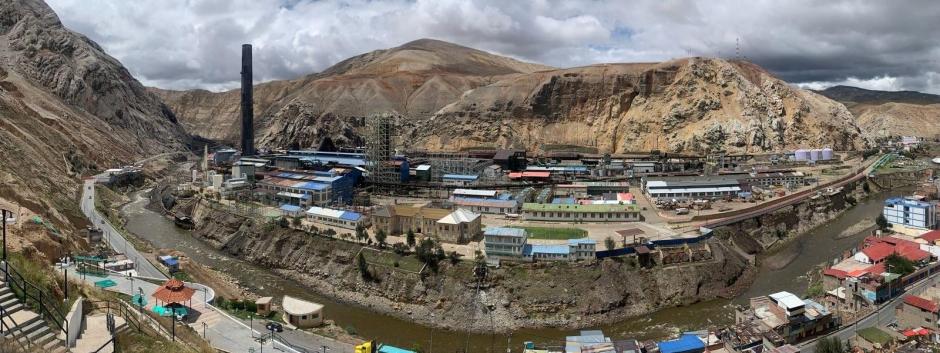The Court found Peru responsible for violating the rights of residents of La Oroya, who have been exposed to unsafe levels of toxic contamination for generations.

The ruling of the Inter-American Court of Human Rights in the case “Community of La Oroya vs. Peru” sets an important precedent for the protection of the right to a healthy environment across the Americas and for adequate state oversight of corporate activities. The first-of-its-kind decision holds Peru accountable for its failure to protect the inhabitants of the Andean city of La Oroya who were exposed to toxic pollution from a smelter complex that operated without adequate pollution controls for a century.
In March 2024, the tribunal established the Peruvian State’s responsibility for violating the rights of La Oroya residents affected by decades of toxic contamination. The Inter-American Court set a key precedent for the protection of the right to a healthy environment in the region and for adequate supervision of business activities by States. The ruling holds the Peruvian State responsible for violating the rights of residents of La Oroya, a people affected by decades of toxic pollution. They ordered the adoption of comprehensive reparations that include environmental remediation, reduction and mitigation of polluting emissions, air quality monitoring, free and specialized medical care, compensation, and a relocation plan for affected people.
Our Strategic Litigation Working Group filed an amicus curiae brief in 2022 to advocate for repairing prolonged socio-environmental injustice suffered by the community of La Oroya, establishing key standards for violations derived from industrial pollution throughout the American continent and the world.
“This ruling is a very important advance and a key precedent for environmental justice in Latin America as it is the first case in which the Court recognizes the responsibility of a State for the violation of the right to a healthy environment and the implications that this has on the guarantee of other multiple rights,” said Liliana Ávila, coordinator of the AIDA Human Rights and Environment Program.
“What we hope now is for the sentence to be implemented, for the State to fulfill its obligations for the first time and to guarantee our rights as environmental defenders,” said Yolanda Zurita, a resident of La Oroya and petitioner in the case. “Compliance with this sentence is the minimum we expect from a State committed to guaranteeing the rights of its citizens.”
This note was prepared with information from AIDA, you can find the complete press release HERE.
The court statement about the ruling is available here.
The official summary of the ruling is available here.
The full text of the ruling is available here.
More information on the case is available here.
- Initiatives
- Issues
- News Categories
- Regions
- Working Groups
- Members

